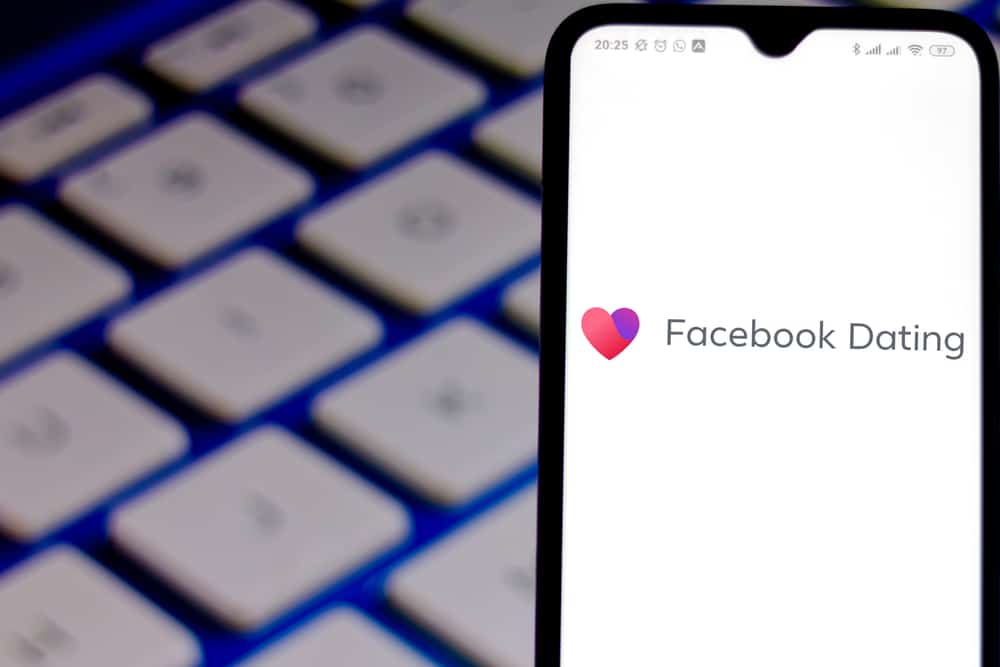Tired of Robocalls? Stop Them
Michelle Wilson - September 16, 2020

A robocall is a phone call that uses a computerized auto dialer to deliver a pre-recorded message, as if from a robot. We have all gotten these with a friendly voice reminding us its voting season, or that we can save money on our health insurance. Unfortunately, these types of invasive calls are on the rise. In fact, the FCC said that scam health insurance companies made over 1 billion calls to people in 2019 alone.
There have been so many complaints from the public about these calls, that the FCC proposed a $225 MILLION fine for one of those companies to pay. We’ll see If they can collect it though.
Table of Contents
What is a Robocall?
A robocall is an automated telephone call which delivers a recorded message, typically on behalf of a political party or telemarketing company. These types of calls can also be used for public-service or emergency announcements.
Why does it seem like there is a sudden surge in robocalls? More and more people are texting rather than picking up their phones, so these companies have to call countless people in order to get a hold of just one person.
How Do They Get Your Information?
Unfortunately, Telemarketing is not illegal but is definitely annoying. Think about the last time you received a call from one. We are betting it was today or even a few hours ago. So how do these companies get a hold of your information in the first place?
-
1. Through a mobile carrier.
Mobile carriers have been heavily involved in selling user data like phone numbers and addresses to third party companies. No matter which carrier you’re with, they are most likely sharing your data. Reports have found data sold from Sprint, Verizon, and AT&T users.
-
2. Terms of Service agreement boxes.
You know those pesky boxes that pop up when downloading software? You clicked “I AGREE” without reading because let’s face it, who has time to read pages of legal jargon unless you’re getting paid for it. Buried in those terms is agreeing to user data being shared to third parties. This can be your name, email, address, or phone number. Some companies make it so you cannot move forward without agreeing to these terms, so we really don’t have much of a choice.
-
3. Credit reporting companies.
We have touched on this topic before, but credit agencies like TransUnion or Experian collect user data from millions of people about their spending habits, debt, and other financial information. The collected data is then sold to bank and credit card companies, insurance companies, and even legitimate companies when you are applying for employment.
-
4. Contests and Giveaways.
This is like the terms in the fact that WE technically and willingly sent them our information. Contests like to lure people in with a promise of a new car or a bunch of money, so you enter your personal information, hit submit, and forget about it. As much fun as it may be to dream about winning big, stay away from these to help keep the never ending robocalls at bay.
What are the Most Common Types of Robocalls?
- Health Insurance Scam
- Political Calls
- Neighbor spoofing – using a number similar to your or with the same area code so it looks like someone you know could be calling you.
- IRS scams asking for personal information
- Made up debt scams also asking for personal information and trying to scare you into giving it to them.
How Can You Stop Robocalls?
We hate to do this to you, but unfortunately there is no one answer for stopping these types of calls. Rather, it is best to do a combination of the tricks below to keep telemarketers away.
- Add yourself to the Do Not Call Registry.
- Use your carriers spam blocker apps. One of these should already be preinstalled in your smartphone. Some carriers offer a free version, but most have a small monthly fee to use this program. Once activated, it automatically blocks those calls
- Block the numbers. This is almost impossible because they use so many programs and variations. Even after you block one number, a new similar one will pop up.
- Reject these calls. This is the easiest thing you can do: Simply do not answer any unknown numbers and send them straight to voicemail. Most spam calls will simply hang up, some leave an automatic message that you can tell is fake from the get-go.
Try a third-party app to block these numbers. Take a look in the Google Play Store or Apple App Store and search for other scam blocker apps. You may find some really good ones that are free and even better than the ones that your carrier offers you.












